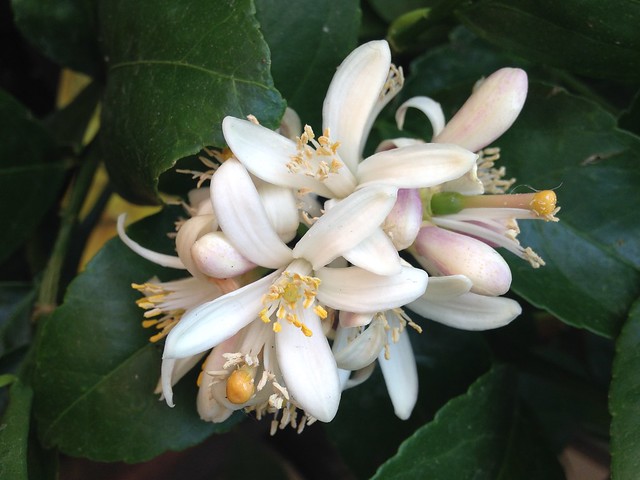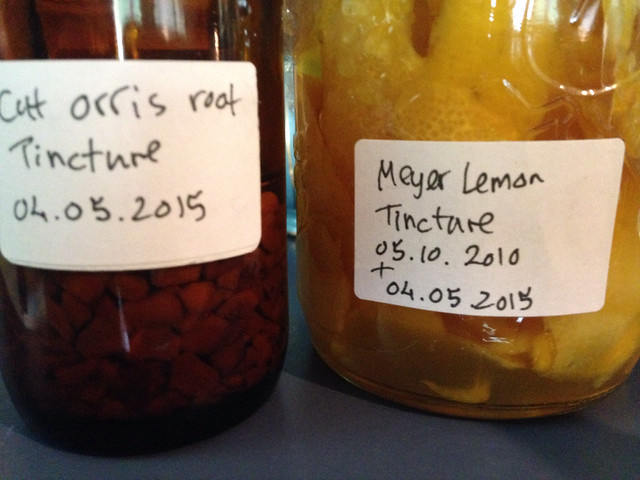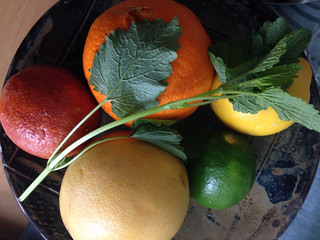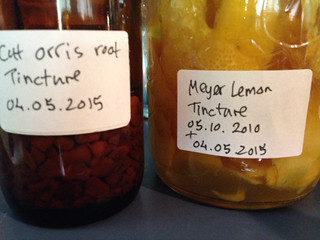Correspondence Courses Launching Soon!

This is a time of transition for me and my family, and so I've prepared some provisions in place for students who wish to continue studying even when my courses are on hiatus for the summer (and possibly also for the fall semester).
You can register for the correspondence courses anytime, and complete the entire 8-module program at your own pace. Studying will progress according to the self-study guide that will be sent to you upon registration, which will include:
List of raw materials that are key components for this particular genre (AKA Fragrance Family).
List of tools and equipment you will need for this module.
List of the exercises in the book, and in which order to perform them.
Additional reading materials and links to relevant suppliers.
Additional creative thinking and exercises that are not in the book, and usually take place.
Online support via email or Skype chat - offered up to 6 months from date course was purchased.
Additional sessions via phone or Skype conference are also an option - but require an additional cost (these are billed at $200/hr).
{Future component of the correspondence program (still in the making): Access to online video tutorials, and essence kit for each module}.
The first course I'll be releasing is Citrus & Cologns + Lab 101.

- Learn Basic Lab Procedures & Etiquette
- Become proficient and confident with the technical aspects of perfume creation and production, including:
- Dilutions
- Tincturing of fresh and dry botanical matter
- Adding water to an eau de cologne or eau de toilette + problem solving
- Scale-up
- Standardizing Formulae
- Scale Skills (including levelling, calibration, tare, count function, zeroing, etc.)
- Basic Smelling Skills, primarily identifying essences
- Learn how to follow a formula and measure it properly
- History of alcoholic perfumes, with focus on Aqua Mirabillis and medieval times
- Understand the Cologne type and basic accord
- Understand - and be able to recognize via smell - the difference between fragrances from the “Citrus” and “Cologne” genres
- Understand the sub-categories for the Citrus family (i.e.: Citrus Fresh, Citrus Floral, Citrus Green, Citrus Fantasy, etc.)
- Follow and research historic formulae for Eaux de Colognes, i.e. Florida Water, Eau d’Hungarie, Carmelite Water, etc.
- Understand and be able to apply basic concepts of formulation, such as top notes, fixative, etc.
- Basic composition skills only: add 1-2 ingredients to a given formula, without taking away from it’s existing character (meaning: staying within the genre of Eau de Cologne, Citrus, etc.)
- Basic manipulation of formulae to make it belong to a sub-category (i.e.: Citrus Floral, Citrus Fresh, Citrus Green, Citrus Fantasy, etc.)



